|
James and Laura are in Arizona, USA, for the first 'all-hands' kick-off meeting for the HFSP-funded aerobiology project. They are sampling biological aerosols from a site near to Flagstaff, Arizona, together with other members of the 'AIR' (Aerobiology is real?) team: Jackie Goordial, Elisse Magnuson and Jordan Thakar from the University of Guelph, Rachael Lappan from Melbourne University, and Elizabeth Trembath-Reichert, Alexi Besser and Jon Zaloumis from Arizona State University.
0 Comments
We are seeking a 24-month PDRA to work on the HFSP project ‘The atmosphere: a living, breathing ecosystem?’. You will develop theoretical modelling approaches (including bioenergetics calculations, power-based ecosystem modelling) to investigate the potential habitability and ecological structure and function of microbial communities in the atmosphere. Your initial focus will be to model the habitability and ecological processes occurring in Earth's atmosphere, and then to translate the tools and knowledge generated to the atmosphere of other planetary bodies or exoplanets.
Location: London, UK Fixed term: 24 months (extension subject to available funds) Closing date: 25 August 2023 Contact: Dr James Bradley ([email protected]) Apply: https://www.qmul.ac.uk/jobs/vacancies/items/8632.html The lab hosted an outreach event - 'Build a new world!' with the Science Museum as part of the Great Exhibition Road Festival in London. James, Sonia, Laura and Anastasia ran an activity with children and their family members introducing how microbes might survive (and even thrive) on a new planet. Members of the public learnt about exoplanets and matched the characteristics of certain exoplanets with extremophiles that might tolerate certain conditions - such as halophiles on Europa, and psychrophiles on Mars. Throughout the day we spoke with hundreds of children and their family members, who left with a miniature model of their 'new world' and enthusiasm about the possibility of extraterrestrial life!
We are seeking a postdoc to investigate seasonal changes to Arctic soil microbial communities, using data already generated from multiple year-round Arctic field campaigns by the ongoing NERC & NSF-funded SUN SPEARS project.
You will:
Fixed term: 16 months (extension subject to start date and available funds) Closing date: 11 July 2023 Contact: Dr James Bradley ([email protected]) Apply: https://www.qmul.ac.uk/jobs/vacancies/items/8542.html James and Laura are in Svalbard for fieldwork, in support of James' ongoing SUN SPEARS project (seasonal processes in Arctic soils) Laura's PhD (biological and bioenergetic connectivity between glaciers and the atmosphere). They are joined by Mark Fox-Powell from the OU.
The Bradley lab welcomes two new students:
Laura Molares Moncayo joins us from Paris, where she completed a MSc in Systems Biology, Genomics and Computational Biology at the École Normale Supérieure. She Her PhD will investigate the role of the atmosphere in shaping and sustaining microbial communities on Arctic glaciers. Jess Caughtry joins us from the European Space Agency and starts a PhD project investigating sulfur-rich icey environments on Earth as an analogue to Europa astrobiology. Her primary supervisor is Louisa Preston at the Mullard Space Science Laboratory. James is a co-author on a new paper in Microbiology led by André Soares cataloguing the global bacterial diversity of the terrestrial subsurface. Read the paper here!
Glacier and ice sheet host diverse communities of microorganisms who thrive on the ice surface despite numerous stresses including freeze-thaw cycles, high UV irradiance, resource limitation and freezing temperatures. Some microbes become 'dormant' to cope with stress - persisting in a reversible state of low metabolic activity. But despite dormancy being common in nature, its prevalence is largely unknown on glaciers. In 2019 we went to Greenland & Iceland to study melting glacier surfaces, their microbes, and measured dormancy responses. We used BONCAT incubations, amplicon and metatranscriptomic sequencing, and ecological modelling to investigate active and dormant microbes and state-switching responses. We found that glacier surface microbial communities are comprised of both active and inactive organisms, which are capable of state-switching on timescales similar to the freeze–thaw cycles experienced on glacier surfaces. The fast state-switching responses may be particularly important considering future climate change - since short but extreme warming events (e.g. during winter) might trigger reactivation of dormant microbes & alter the structure, functioning and carbon cycling of these systems.
Read the paper here: Bradley J, Trivedi C, Winkel M, Mourot R, Lutz S, Larose C, Keuschnig C, Doting E, Halbach L, Zervas A, Anesio A, Benning L. (2023) Active and dormant microorganisms on glacier surfaces. Geobiology. doi: 10.1111/gbi.12535 New paper on organic carbon burial in marine sediments - published in Nature Communications11/28/2022 How much of Earth's organic carbon is buried in ocean sediments? And how much stays 'buried'?
Quantifying the organic carbon sink in marine sediments is crucial for assessing how the marine carbon cycle regulates Earth’s climate. We argue that Burial efficiency (BE) – the commonly-used metric reporting the percentage of organic carbon that becomes 'buried', is loosely defined, misleading, and inconsistent. We use a global diagenetic model to highlight vastly different BE’s depending on sediment depth or age horizons used to calculate BE. Instead, we propose using transfer efficiencies (Teff’s) for quantifying sediment OC burial. This metric requires precise specification of spatial or temporal references, and emphasizes that OC degradation continues beyond these horizons. Ultimately, quantifying OC burial with precise sediment-depth and sediment-age-resolved metrics will enable a more consistent and transferable assessment of OC fluxes through the Earth system. The open access paper is available here: Bradley J° Hülse D°, LaRowe D, Arndt S (2022) Transfer Efficiency of Organic Carbon in Marine Sediments. Nature Communications. doi:10.1038/s41467-022-35112-9 (°co-first authors) James is co-author on a new study led by Laura Halbach (Aarhus University) investigating pigment signatures of algal communities and their implications for glacier surface darkening.
Halbach L, Chevrollier L, Doting E, Cook J, Jensen M, Benning L, Bradley J, Hansen M, Lund-Hansen L, Markager S, Sorrell B, Tranter M, Trivedi T, Winkel M, Anesio A. (2022) Pigment signatures of algal communities and their implications for glacier surface darkening. Scientific Reports. doi: 10.1038/s41598-022-22271-4 |
Archives
March 2024
Categories |
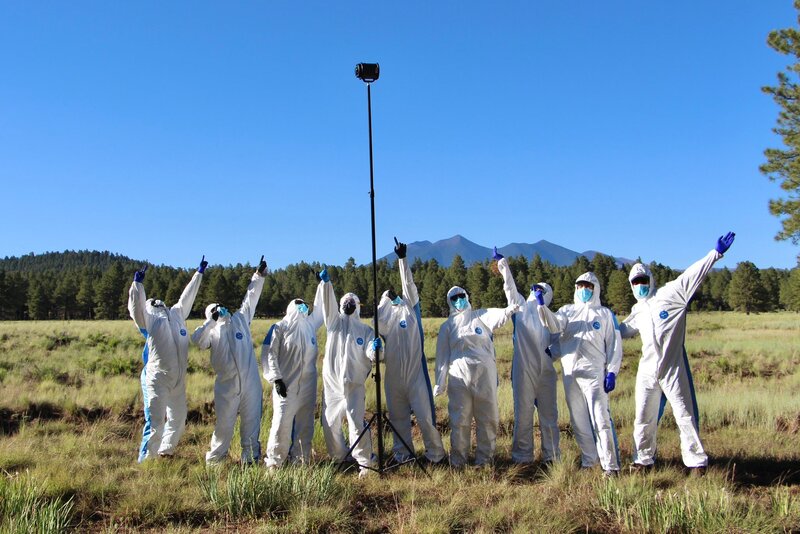
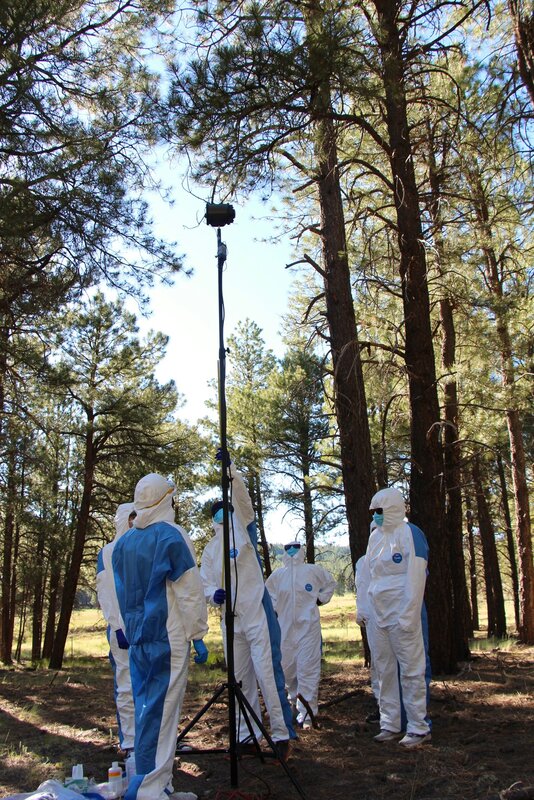
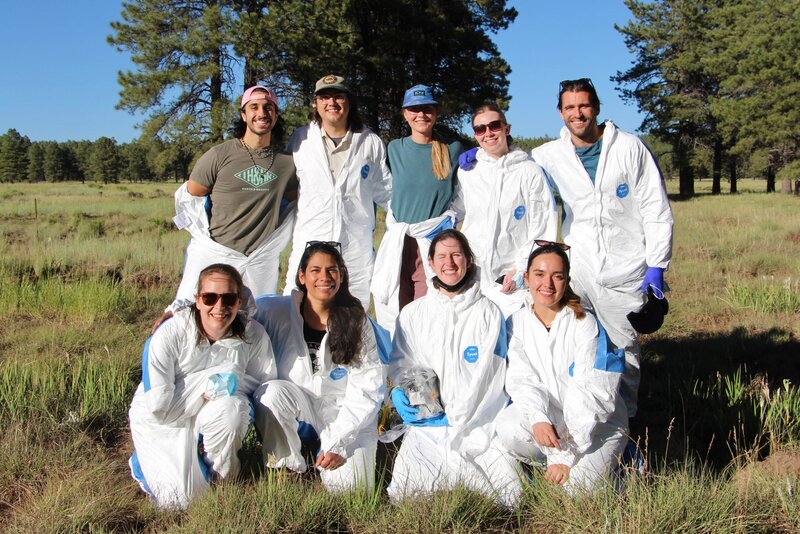
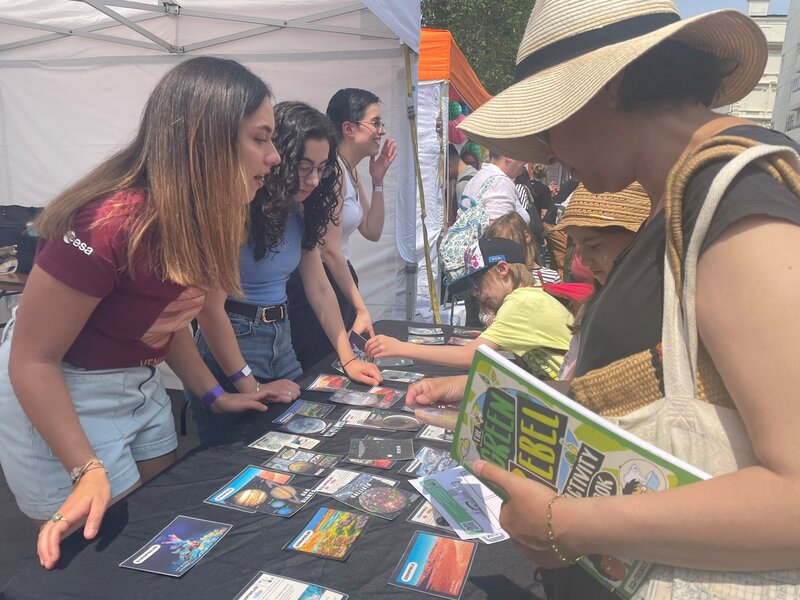
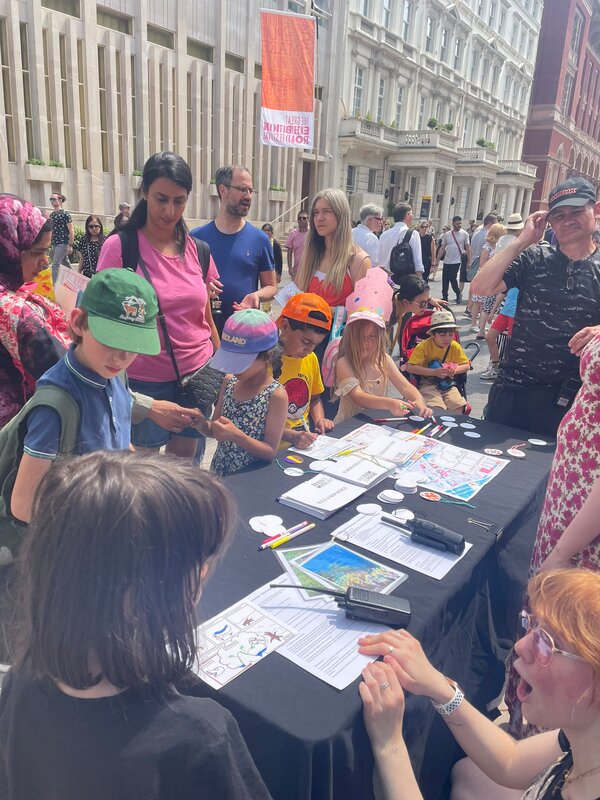
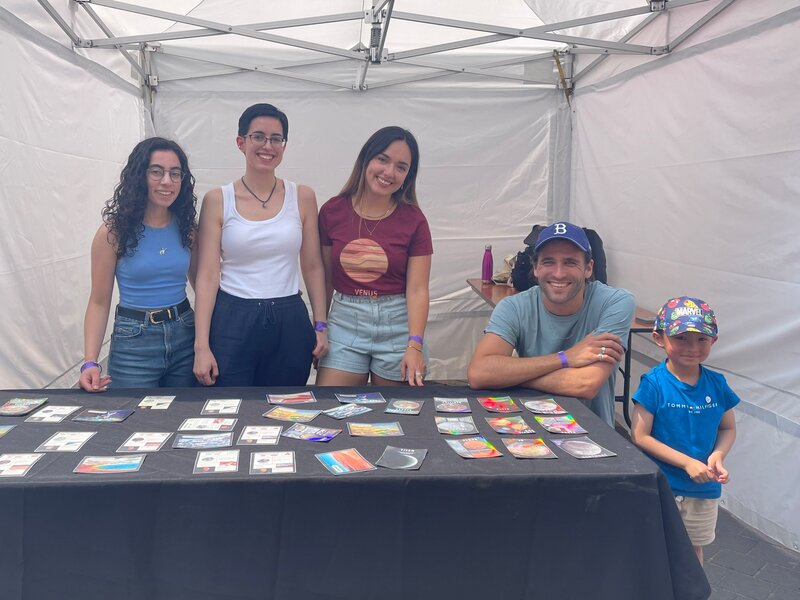
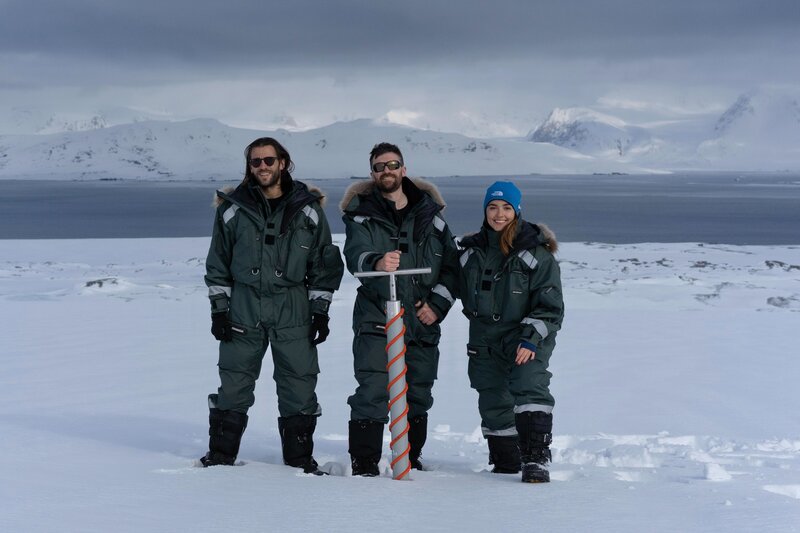
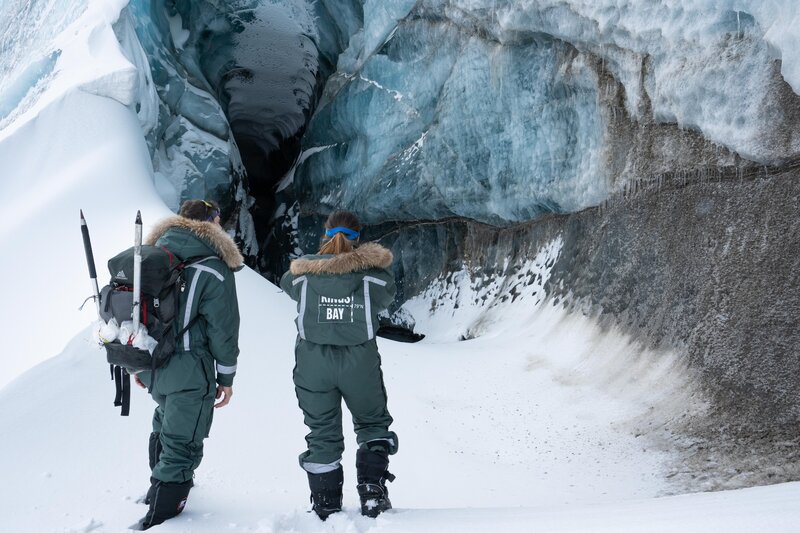
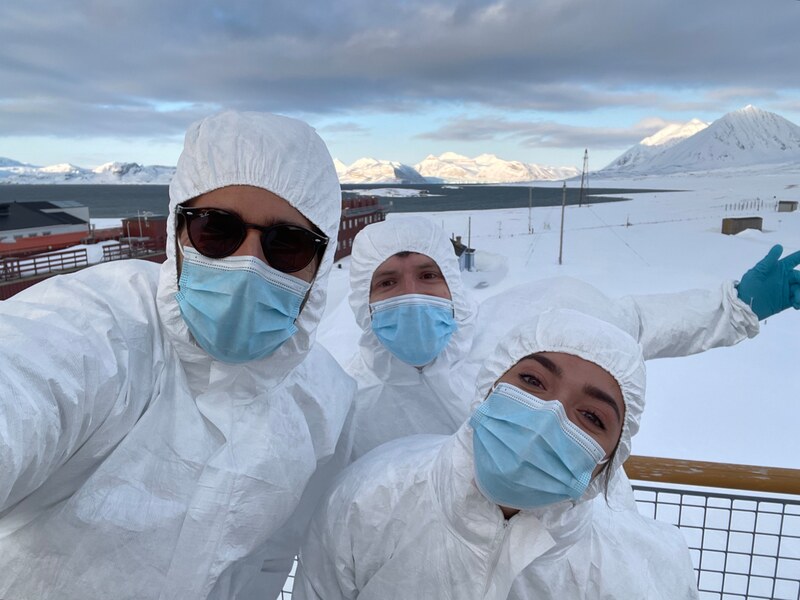
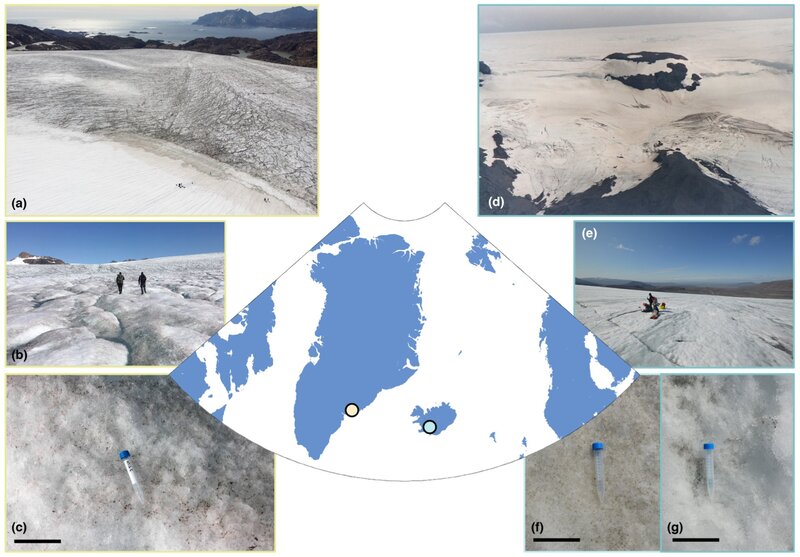
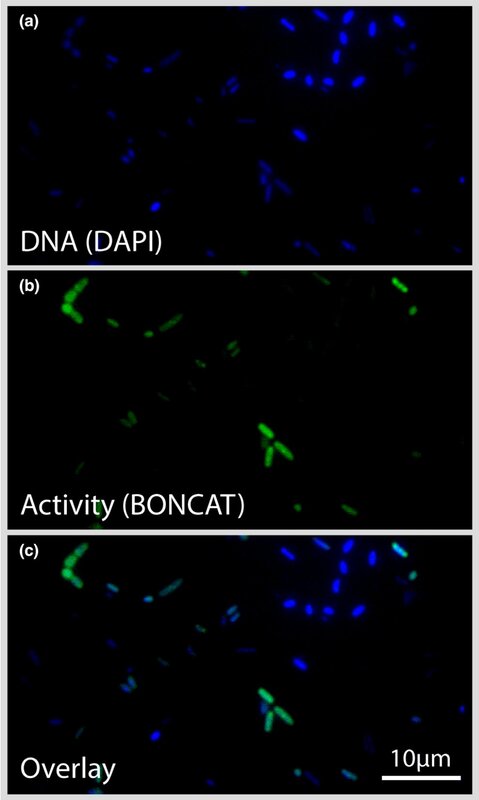
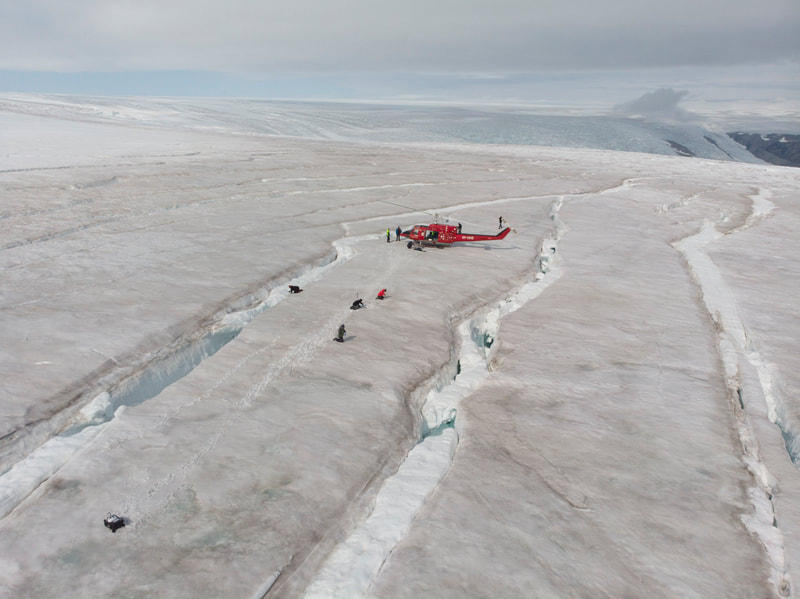
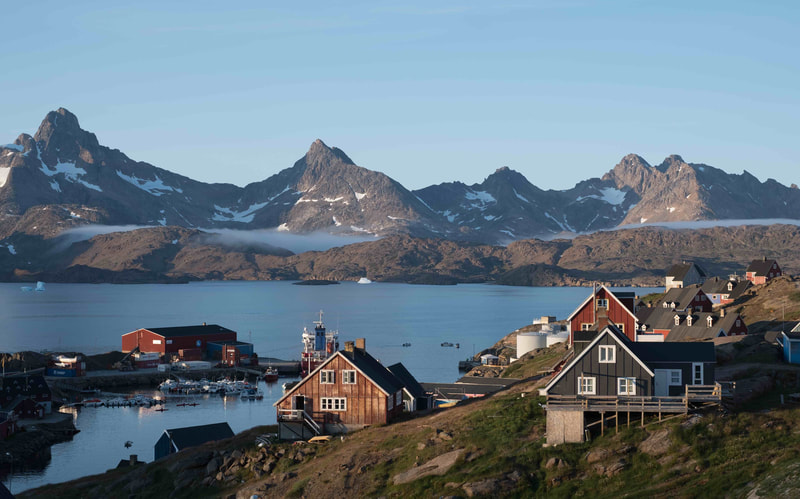
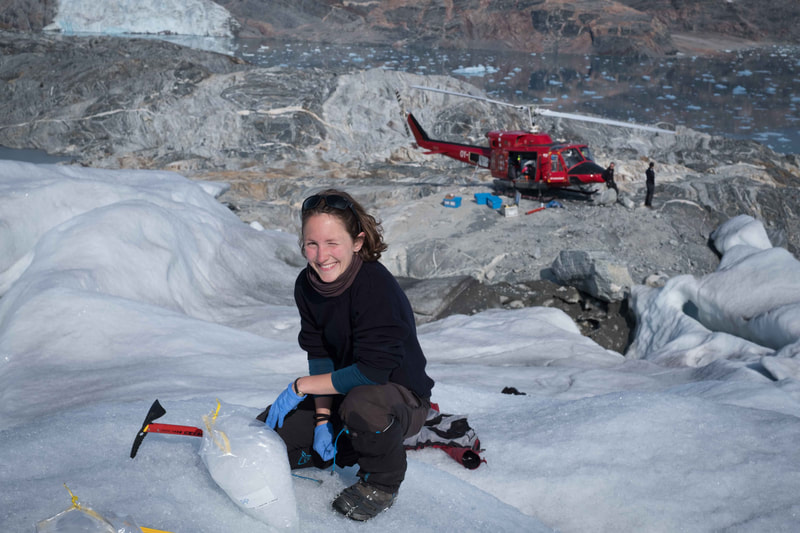
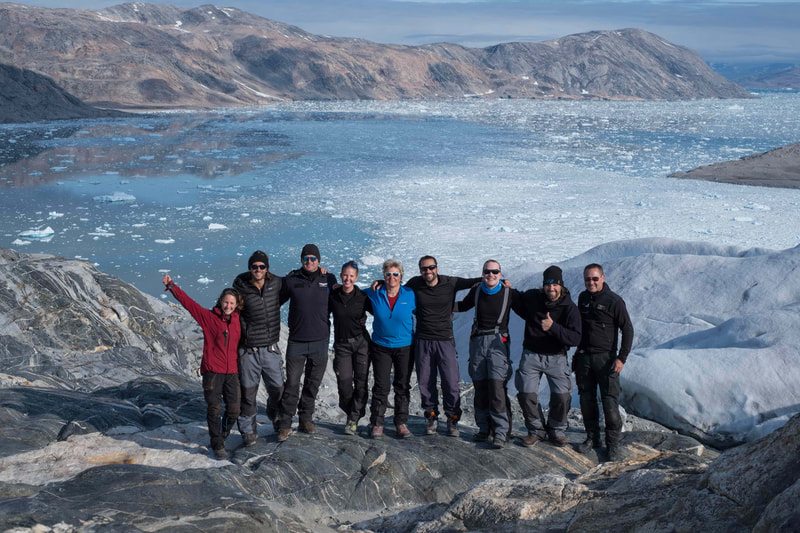
 RSS Feed
RSS Feed
